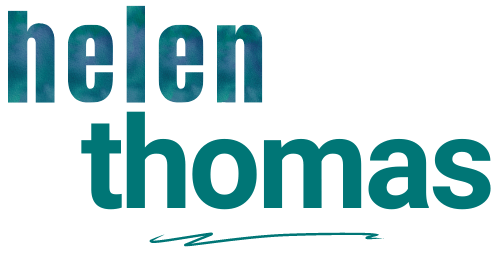Opinions have never been more abundant than they are right now, have they? I mean, it seems to me, the art of an engaging conversation or a constructive debate has been replaced by a back-and-forth rally of views as we talk at, rather than to, each other.
A case in point… the other day someone asked me if I’d visited a particular city recently and I responded saying yes, I’d last been there 2 years ago (pre-pandemic obvs). Straight away this person said, “you should see what it’s like now” and spent the next 5 minutes detailing a significant amount of information I already knew.
At the time I felt only mildly frustrated, and I don’t for a second believe this behaviour was intended to belittle my experience. This person simply had a view they wanted to express and despite asking a question, they were probably not that interested in entertaining a discussion around that view.
Reflecting on this interaction later, what I found particularly interesting was my total acceptance of this type of exchange as “normal”. And, let’s face it, I acknowledge I’m almost certainly as guilty as the next person of sometimes just wanting to air my opinions and not engage in an exchange or dialogue.
Time to rediscover the lost art of listening
The lost art of questioning, listening, reflecting, and responding is particularly problematic when it’s missing in a professional or business setting. Being able to ask for information or advice, to listen and qualify what you hear, and provide valuable guidance are essential elements for a well-functioning workplace. However, what’s far more common is the sense that not knowing it all is a sign of weakness and engaging in an information exchange is a time-consuming chore.
I’ve seen colleagues continue to stubbornly push forward their personal convictions, when the merits of their views were at best questionable and at worst, well past their sell-buy date. I’m sure you’ve experienced this too.
Pursuing an informative dialogue requires you to be self-aware, have strong listening skills, and the ability to interpret what you’ve received to make informed decisions. The problem is, you’re not typically taught these skills, but are instead expected to have developed them organically.
Honing your conversational abilities is a simple and achievable skill. It just requires a little bit of effort and some practice.
Clear the obstacles that stand in the way of valuable conversation
1. STOP BELIEVING YOU ALREADY KNOW IT ALL
When you think you already have all the answers, you’re far less likely to want to engage in a discussion. And, this can lead to making decisions without having access to the full suite of available information or expertise. Self-awareness is key. When you’re clear about who you are and comfortable about the limits of your knowledge, it’s far easier to identify when you need supplementary information and allows you to provide appropriate advice at the right time and in the right situation.
2. DON’T CONFUSE DISCUSSION WITH VALIDATION
Ever had someone ask you for advice, when it was obvious what they really wanted was validation of their view? I know I’ve had this happen to me and I’m pretty sure I’ve done it to others as well. Validation is an important exercise which requires a cross-section of sources. Consider whether you’re just corralling positive support rather than gathering useful insights and feedback. There’s a vast difference between asking those close to you if your idea is a good one versus speaking (and listening) to a group of people who’ll be impacted by your idea.
3. FILTER & QUALIFY
As I said up front, we’re living in a time of an abundance of opinions, and everyone is ready to make theirs known. Anyone considering changing their career or running their own business is likely receiving more than their fair share of “advice” (read other people’s sometimes well intentioned, often unsolicited opinions). How, then, do you ensure you don’t dismiss the useful nor accept the inappropriate? The trick is to listen and filter what you hear – Is this person qualified on this topic? Do they understand your circumstances? Is their opinion about them or you?
4. BE PRESENT & PURPOSEFUL
One of the reasons you might avoid engaging in a discussion is because it can be time-consuming and you’re… well, busy. Sending a text or email is easier. But truncated text exchanges lack nuance and discussion. They’re an exchange of facts, statements or opinions. And perhaps the reason your verbal interactions feel like a chore is because they’re not structured. A little pre-planning, articulating your objective, and speaking and listening without distraction will vastly improve the quality of your professional conversations.
Fostering real, meaningful conversations at work ensures engagement, information sharing, increased productivity and effective decision making.
Improving your conversation skills is like exercise, it requires practice, practice and more practice with adjustments and development along the way. It’s always a work-in-progress.
Ready to make this the year you stop making excuses and start improving your work-life? Let’s discuss how I can help you to think differently about your options so you can start taking decision action to design a career you love.

